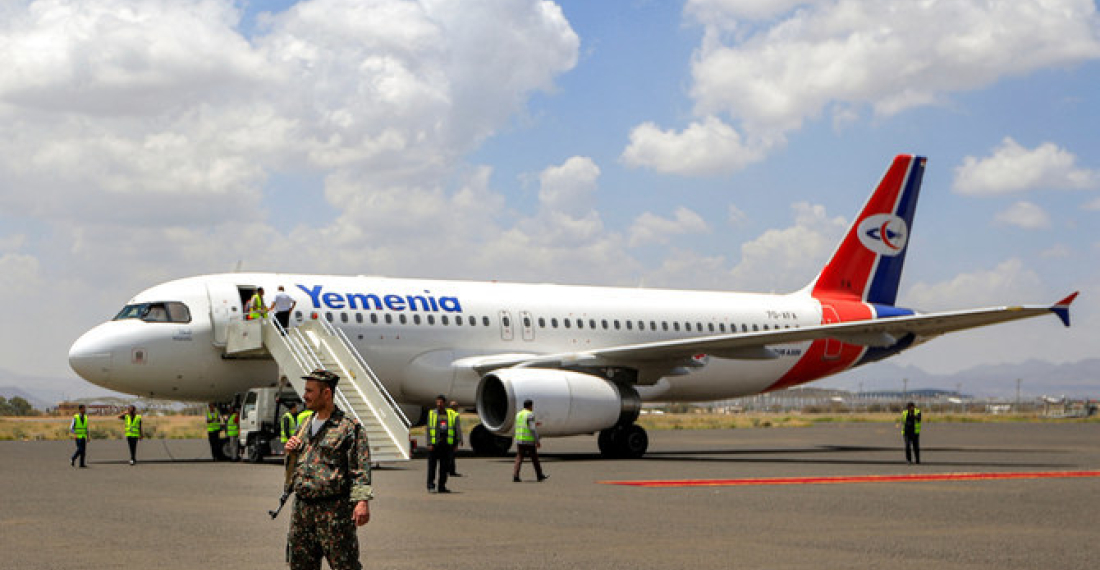At least 1,000 Yemeni pilgrims are stranded in Saudi Arabia after the Houthis seized Yemenia Airways flights that were to take them from the kingdom to Houthi-held Sanaa, the Yemeni government said on Saturday (29 June). Last week, the Houthis took control of three Yemenia planes at Sanaa airport, preventing them from returning to Jeddah airport in Saudi Arabia to take Yemeni pilgrims home. The Yemeni government accused the Houthis of "hijacking" the planes and worsening the plight of the Yemeni people.
On Thursday (27 June), the Houthi transport ministry confirmed the seizure of the planes and announced plans to take over Yemenia Airways. They intend to reschedule flights from Yemeni airports, including those under government control, and repair planes at Sanaa airport, while accusing the Yemeni government of embezzling the airline's revenues. In response, the internationally recognised Presidential Leadership Council on Friday (28 June) formed a government committee chaired by the prime minister to address the Houthis' takeover of Yemenia flights and the freezing of more than $100 million of the airline's assets in Sanaa banks. "The council holds the terrorist militia fully responsible for the consequences of this dangerous escalation, which would increase the suffering of civilians and affect the operations of the national airline," the presidential council said, according to the official SABA news agency.
In other developments, US and British jets carried out air strikes on Houthi targets in two Yemeni provinces on 7 June, amid an escalation in the militia's use of drones, missiles and drone boats to attack ships. On 28 June, Houthi media reported that US and UK aircraft carried out four airstrikes on Hodeidah airport in the western province of Hodeidah and four more on locations in Mawiyah district in the southern province of Taiz over the past 24 hours. These airstrikes followed Houthi claims of attacks on ships in the Red Sea and Mediterranean using ballistic missiles, drones and explosive-laden drone boats. Over the past eight months, the Houthis have sunk two ships, seized a commercial vessel in the Red Sea and fired hundreds of ballistic missiles, drones and drone boats at vessels in the Red Sea, Gulf of Aden, Indian Ocean and, most recently, the Mediterranean. The Houthis claim that these actions are aimed at ships linked to Israel or bound for Israel in order to pressure an end to the war in Gaza.







